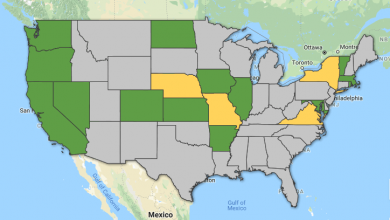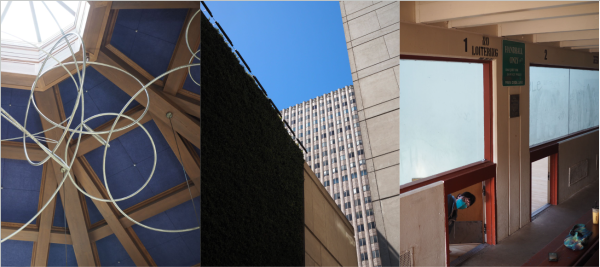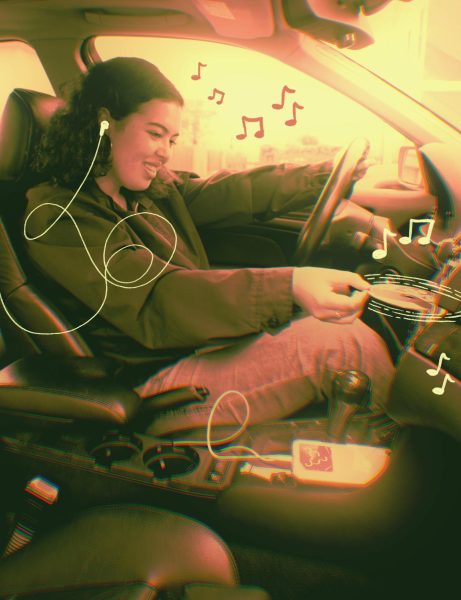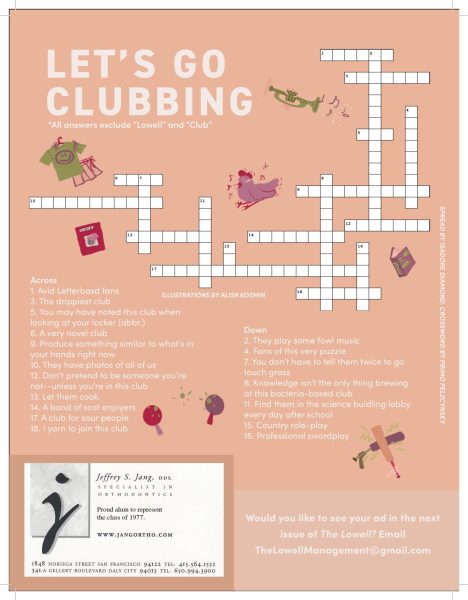Press freedom denied in 36 states
In recent years, The Lowell has focused on investigating controversial issues, including gun violence, gender identity, drug use and racism within our halls. Our discussions have not always pleased our community members, including administration, who called us after our story on gun violence to let us know their inbox was flooded with messages from parents concerned about the student we reported on who was in possession of a gun.
Fortunately, we live in California, a state that protects our right to publish what we choose without being silenced by our school administration. Not all student journalists are so lucky. In 36 states, school administrators have the power to censor their student run publications.
Many of the journalists at our publication only became aware of the restrictions placed upon our peers from other states when we attended the National Scholastic Press Association (NSPA) conventions in San Francisco and Chicago. We met journalists from across the nation, and heard stories of controversial articles similar to those we have written being censored by their teachers and administrators. We realized we had been taking for granted our right to publish what we pleased, and that many other publications were being prevented from providing important information and perspectives to their student bodies.

In 1988, the Supreme Court decided in Hazelwood vs. Kuhlmeier that the First Amendment did not apply to the student-run newspaper The Spectrum. In this 5-3 decision, they established that because the student newspaper wasn’t a “forum for public expression” and was intended for academic purposes, it was not in violation with their First Amendment rights to remove articles that were “inconsistent with ‘the shared values of a civilized social order.” As a result of the case, some publications created news websites without being subsidized by their schools, and some states have passed laws labelling school publications as public forums so that students’ First Amendment rights are protected.
Student journalists are vital to raising awareness about issues occuring in their communities, sometimes acting to balance the power of their school administrations. For example, in 2018, after student journalists at Pittsburg High School in Kansas investigated and found their new principal’s credentials to be false, the principal resigned. This reporting was made easier by Kansas’ laws protecting their speech.
Schools have become a political battleground, where issues such as gun violence and the Juuling epidemic have preoccupied the national media. Student-run publications offer fresh perspectives on controversial topics that directly affect students. For example, the newspaper at Marjory Stoneman Douglas High School, The Eagle Eye, received the Courage and Commitment award from the NSPA for their coverage of the shooting that occured at their school.
Student-run publications should have the ability to publish articles about controversial and sensitive topics without being censored. The Lowell urges you to support our peers in the 36 states who are being censored by their school administrations. The Student Press Law Center (SPLC) and other organizations are fighting for press freedom in schools, providing free legal advice to student journalists across the nation, and leading the fight to pass laws protecting student publications. We encourage all student-run publications become SPLC members and support their efforts. In a country with so many citizens that take pride in the First Amendment, we must guarantee that right for all student publications. We can no longer take this right for granted.





